NFC deliberations: Balochistan tightlipped about talks strategy
Kaiser Bengali drops hints about the province’s desire for more funds
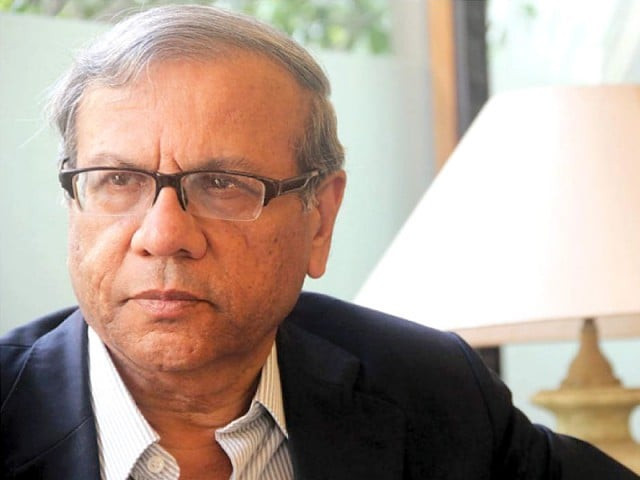
File photo of Dr. Kaiser Bengali.
While Sindh and Khyber-Pakhtunkhwa have been making loud, and at time outrageous, demands in the run-up to the negotiations for the 8th National Finance Commission Award, Balochistan’s delegation has been surprisingly coy about its demands.
While Balochistan Chief Minister Abdul Malik Baloch is leading the delegation, the province’s brain trust is run by Kaiser Bengali, a Karachi-based economist who previously ran Sindh’s highly successful negotiations for the 7th NFC Award in 2009. When approached by The Express Tribune to comment on the NFC negotiations, Bengali freely spoke about matters relating to fiscal policy in general, but refused to comment on the specifics of his province’s demands.

“It is not proper to deliberate the commission’s agenda through the media,” he said. “The provinces will have to demonstrate a responsible attitude during their debate as it is an important national forum. It is not a trade union.”
For instance, he said, Balochistan, Khyber-Pakhtunkhwa and Sindh all opposed Punjab’s demand to make population the sole criterion for allocating funds to the provinces. The NFC meets every five years to decide the distribution of federal tax revenues between the federal government and the provinces. Under the current NFC, which expires on June 30 of this year, 57.5% of the federal divisible pool – meaning income taxes and sales taxes – are devolved to the provinces. Of that amount, 82% is awarded based on provincial population, 10.3% based on poverty and lack of infrastructure, 5% on revenue collection, and 2.7% on the basis of inverse population density.
Bengali did endorse some proposals by the K-P delegation that were recently made public, such as making the federal excise duty on crude oil payable to provinces instead of Islamabad.
However, the Balochistan delegation member was a little more measured on K-P’s call for a larger share of the federal development budget to go to K-P and Balochistan. K-P officials have alleged that Punjab and Sindh get a disproportionate share of those funds.

“The Public Sector Development Program (PSDP) is a budgetary issue and not in the NFC’s domain,” said Bengali. “However, it is a fact that Punjab is much better placed in terms of infrastructure development compared to Balochistan. Punjab has motorways while Balochistan lacks even basic highways.”
On the matter of Balochistan’s lack of development, Bengali made some of his most devastating comments. “It is a province with little or no communications networks as all the roads and bridges linking major cities in our province are in a shattered condition. During the devastating earthquake, with a magnitude of 7.9 on the Richter scale in Awaran district in 2013, nothing was destroyed in terms of infrastructure because there were no buildings or roads in those areas.”
According to the official sources, the federal government plans to allocate development funds for Azad Jammu and Kashmir, Gilgit-Baltistan and the Federally Administered Tribal Areas out of the divisible pool, a move that has been opposed by K-P. “The federal government should allocate funds for those special regions out of its own share as those special regions do not enjoy the status of provinces,” one senior K-P official told The Express Tribune.
However, Baluchistan is tight-lipped on that issue so far. “We will make our comments during a debate in the NFC on that proposal,” Bengali said.
Published in The Express Tribune, May 17th, 2015.

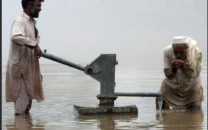
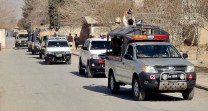
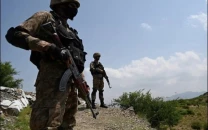
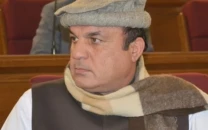














COMMENTS
Comments are moderated and generally will be posted if they are on-topic and not abusive.
For more information, please see our Comments FAQ